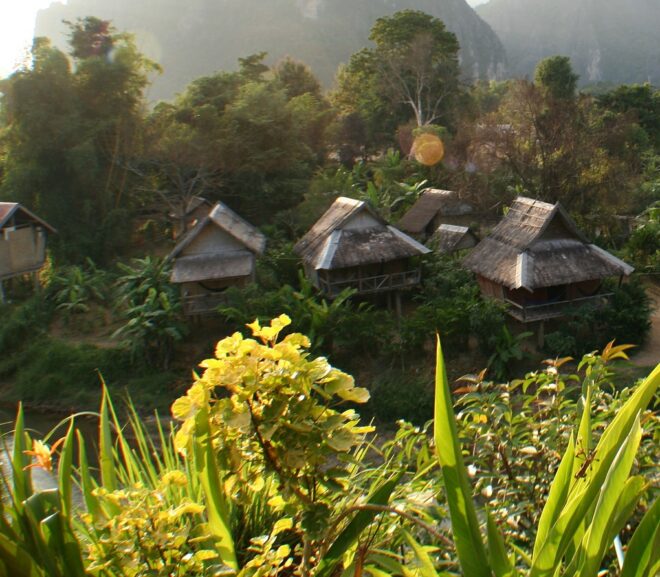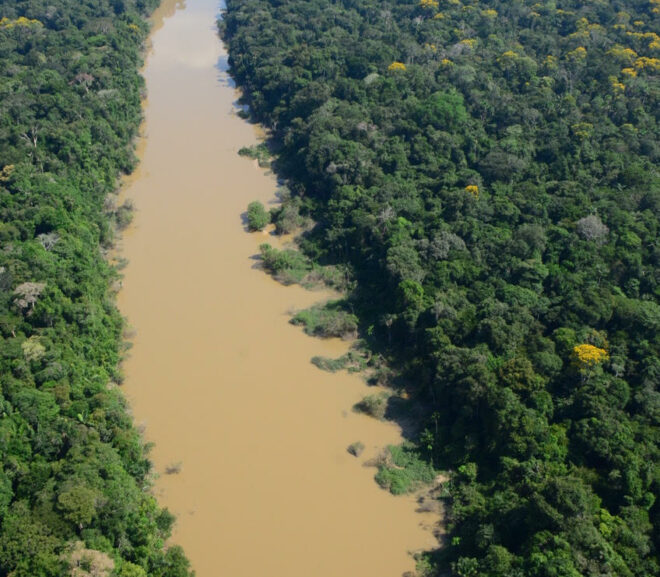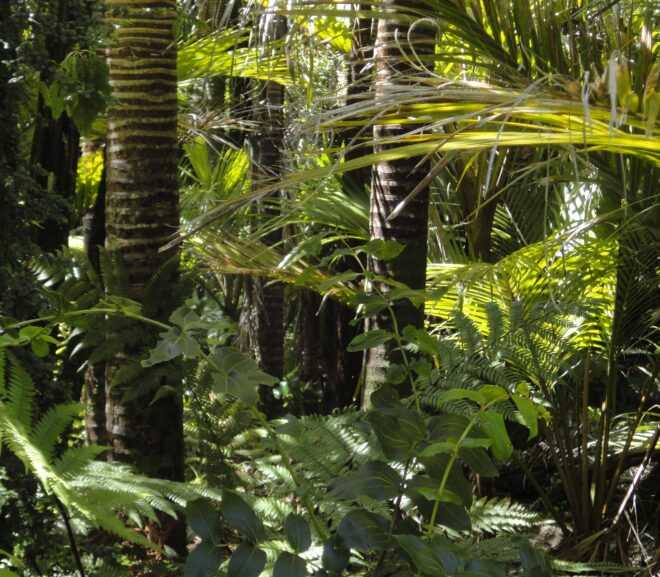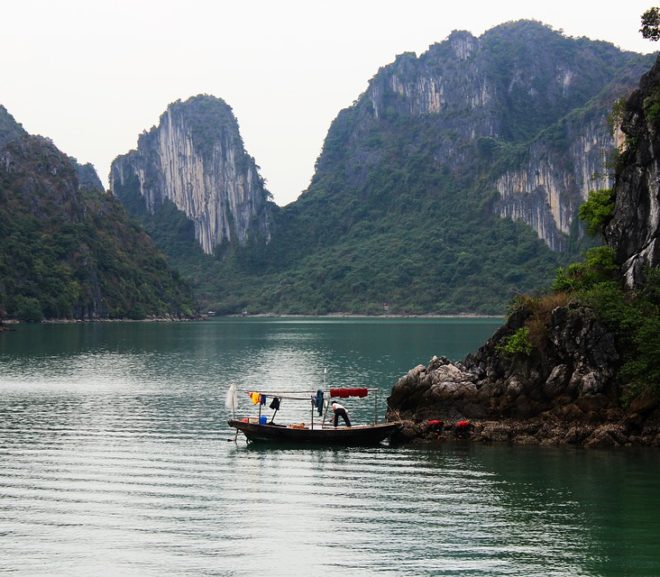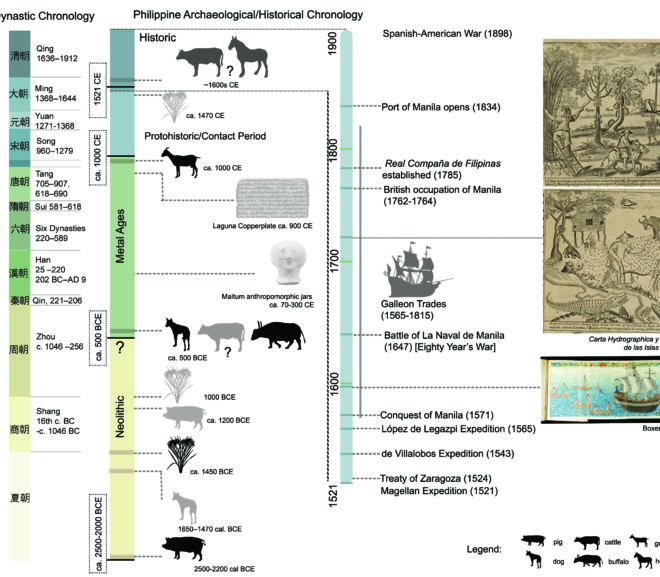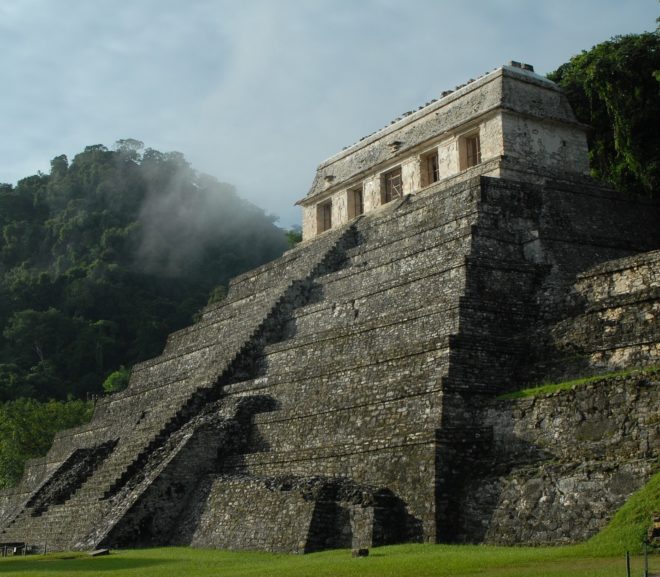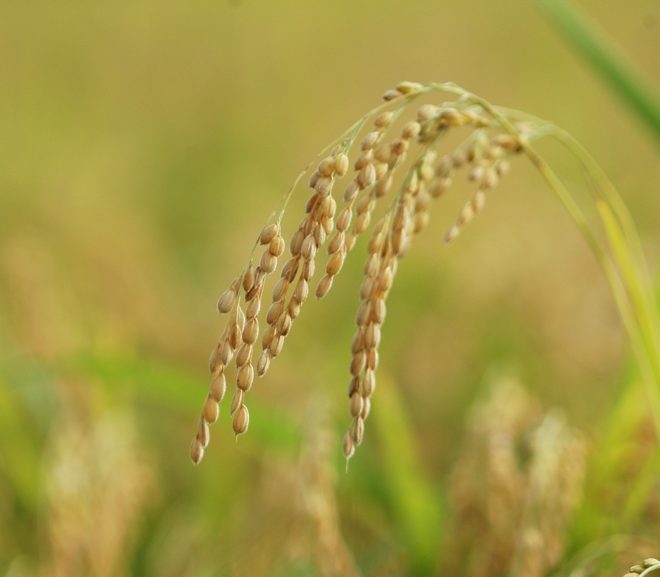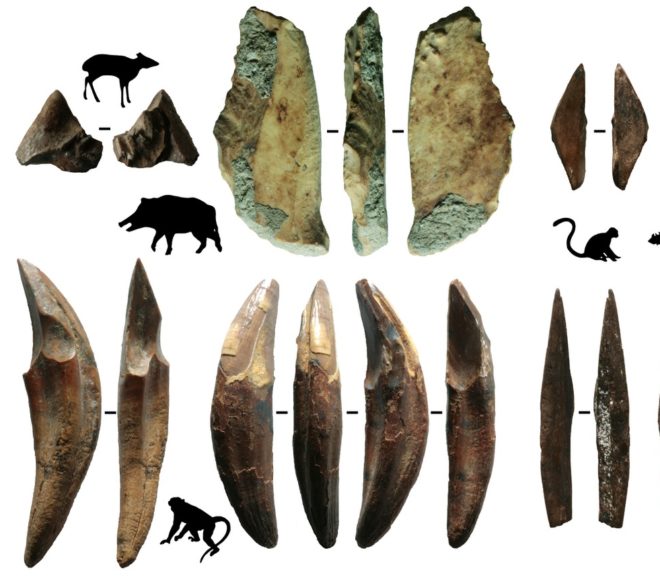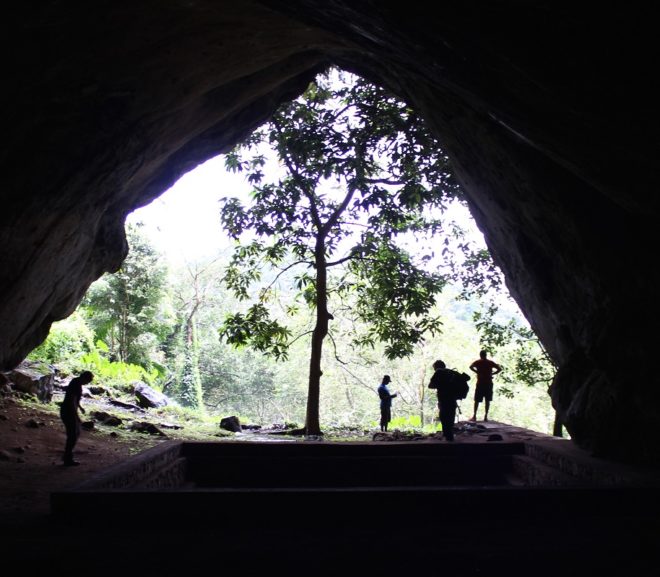Study shows that people have been actively shaping the SW Amazon for over 3,500 years
Category: Research News
An overview of the latest research outputs from the global tropics. Please get in touch with us if you are interested in adding a summary of your latest research news to Pantropica.
New Study Points to a History of Indigenous Sustainable Use of the Western Amazon Stretching Back 5,000 Years
New paper shows non-uniform landscape responses to the ‘Great Dying’ in the Americas and Asia-Pacific
Southeast Asia harbours the world’s most diverse and extensive mangroves, and northern Vietnam hosts a large proportion of the region’s mangrove plants. These habitats can…
The Philippine Archipelago is home to some of the world’s richest biodiversity, including some 20,000 plant and animal species found nowhere else in the world.…
The Collapse of the Classic Maya, like the collapse of Rapa Nui’s society, has almost become a byword for environmental degradation. The theory, rapidly summarized,…
Recent research published by Gutaker et al. in Nature Plants reconstructs the history of rice dispersal in Asia using whole-genome sequences of more than 1,400…
New archaeological research demonstrates earliest projectile technology in the tropical rainforests of Sri Lanka The origins of human innovation have traditionally been sought in the…
In popular discourse, tropical forests are synonymous with ‘nature’ and ‘wilderness’, battlegrounds between apparently pristine floral, faunal, and human communities, and the unrelenting industrial and…

